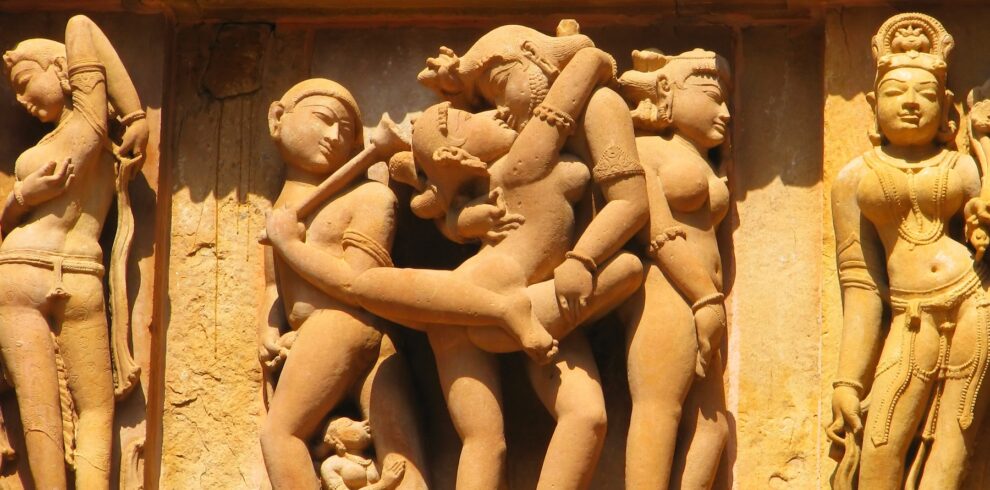Jhansi
Jhansi, located in the northern Indian state of Uttar Pradesh, is a historic city known for its pivotal role in India’s struggle for independence and its rich cultural heritage. Situated on the banks of the Betwa River, Jhansi is steeped in history and is home to several architectural marvels and significant landmarks.
One of the most iconic landmarks in Jhansi is the Jhansi Fort, also known as the Rani Mahal or Queen’s Palace. This imposing fort, perched atop a rocky hill, was built in the 17th century by the Bundela Rajput rulers and served as a stronghold for the Maratha empire. It is best known for its association with Rani Lakshmi Bai, the legendary queen of Jhansi, who played a pivotal role in the Indian Rebellion of 1857. The fort offers panoramic views of the city and houses a museum that showcases artifacts, weapons, and memorabilia related to the queen and the rebellion.
Another significant landmark in Jhansi is the Jhansi Museum, located within the Jhansi Fort complex. The museum houses a remarkable collection of sculptures, paintings, manuscripts, and artifacts dating back to ancient times, providing insights into the history, culture, and heritage of the region.
Jhansi is also known for its vibrant markets, where visitors can shop for traditional handicrafts, textiles, jewelry, and souvenirs. The bustling streets of Jhansi offer a glimpse into everyday life in the city, with vendors selling everything from street food to clothing and household goods.
In addition to its historical and cultural attractions, Jhansi is surrounded by natural beauty, with lush greenery, scenic landscapes, and picturesque lakes dotting the region. Visitors can explore the nearby Rani Mahal, Orchha Fort, and other nearby attractions, or simply enjoy a leisurely boat ride on the Betwa River.
Overall, Jhansi is a city that resonates with history, bravery, and resilience, making it a must-visit destination for travelers seeking to delve into the rich tapestry of India’s past.
City Tour

- Jan
- Feb
- Mar
- Apr
- May
- Jun
- Jul
- Aug
- Sep
- Oct
- Nov
- Dec
Cultural Tours
Tourism is travel for pleasure or business; also the theory and practice of touring, the business of attracting, accommodating, and entertaining tourists, and the business of operating tours. Tourism may be international, or within the traveller’s country. The World Tourism Organization defines tourism more generally, in terms which go “beyond the common perception of tourism as being limited to holiday activity only”, as people “traveling to and staying in places outside their usual environment for not more than one consecutive year for leisure, business and other purposes”.
Tourism can be domestic or international, and international tourism has both incoming and outgoing implications on a country’s balance of payments. Today, tourism is a major source of income for many countries, and affects the economy of both the source and host countries, in some cases being of vital importance.

- Jan
- Feb
- Mar
- Apr
- May
- Jun
- Jul
- Aug
- Sep
- Oct
- Nov
- Dec
Jungle Safari
A is an overland journey, usually a trip by tourists to Africa. In the past, the trip was often a big-game hunt, but today, safari often refers to trips to observe and photograph wildlife—or hiking and sightseeing, as well.
The Swahili word safari means journey, originally from the Arabic meaning a journey; the verb for “to travel” in Swahili is kusafiri. These words are used for any type of journey, e.g. by bus from Nairobi to Mombasa or by ferry from Dar es Salaam to Unguja. Safari entered the English language at the end of the 1850s thanks to Richard Francis Burton, the famous explorer.
The Regimental March of the King’s African Rifles was ‘Funga Safari’, literally ‘tie up the March’, or, in other words, pack up equipment ready to march.
In 1836 William Cornwallis Harris led an expedition purely to observe and record wildlife and landscapes by the expedition’s members. Harris established the safari style of journey, starting with a not too strenuous rising at first light, an energetic day walking, an afternoon rest then concluding with a formal dinner and telling stories in the evening over drinks and tobacco.

- Jan
- Feb
- Mar
- Apr
- May
- Jun
- Jul
- Aug
- Sep
- Oct
- Nov
- Dec
Multi Day Tour

- Jan
- Feb
- Mar
- Apr
- May
- Jun
- Jul
- Aug
- Sep
- Oct
- Nov
- Dec